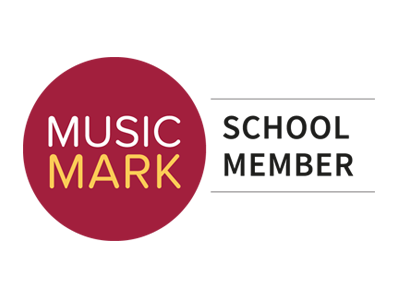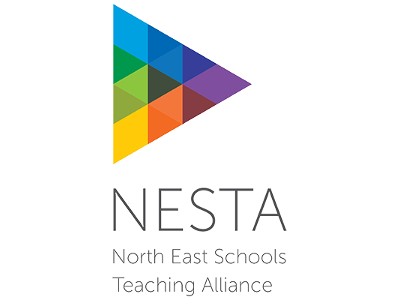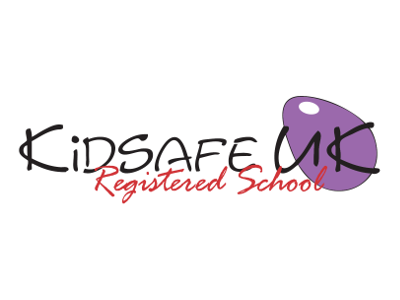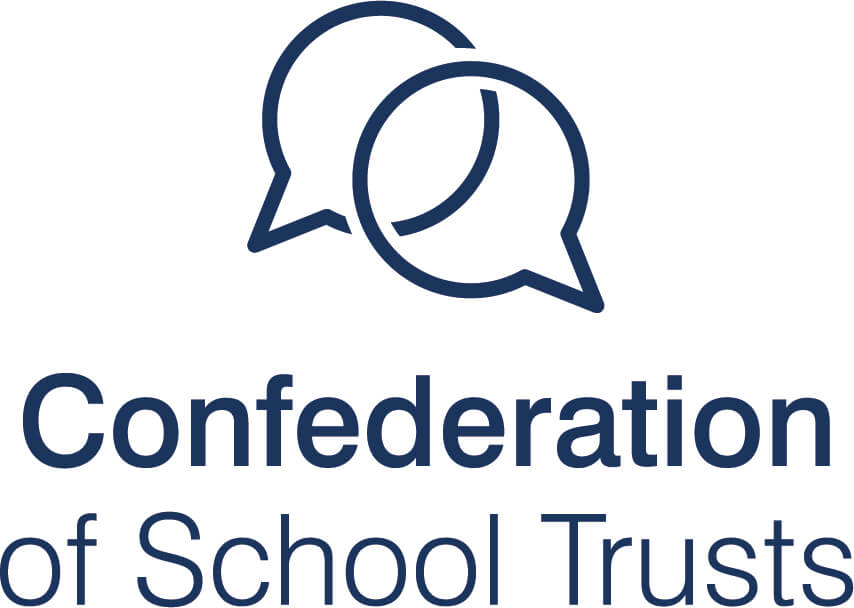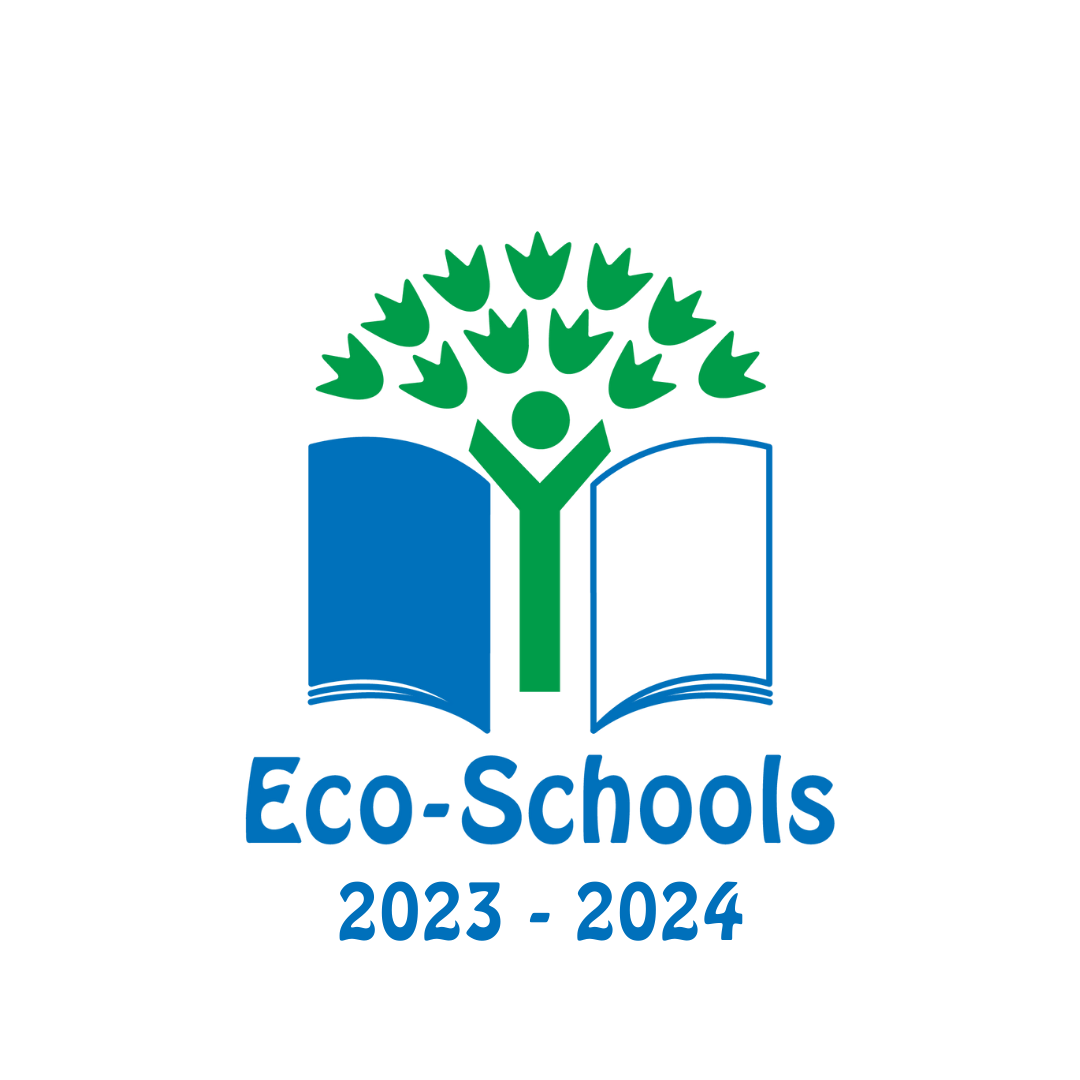History – Year 2
Download
Download our Year 2 History curriculum here.
Chronological Understanding
|
Knowledge and Interpretation
|
Historical Enquiry
|
- Can they use words and phrases like: before I was born, when I was younger?
- Can they use phrases and words like: ‘before’, ‘after’, ‘past’, ‘present’, ‘then’ and ‘now’; in their historical learning?
- Can they use the words ‘past’ and ‘present’ accurately?
- Can they use a range of appropriate words and phrases to describe the past?
- Can they sequence a set of events in chronological order and give reasons for their order?
|
- Can they recount the life of someone famous from Britain who lived in the past giving attention to what they did earlier and what they did later?
- Can they explain how their local area was different in the past?
- Can they recount some interesting facts from an historical event, such as where the ‘Fire of London’ started?
- Can they give examples of things that are different in their life from that of their grandparents when they were young?
- Can they explain why Britain has a special history by naming some famous events and some famous people?
- Can they explain what is meant by a parliament?
|
- Can they find out something about the past by talking to an older person?
- Can they answer questions by using a specific source, such as an information book?
- Can they research the life of a famous Briton from the past using different resources to help them?
- Can they research about a famous event that happens in Britain and why it has been happening for some time?
- Can they research the life of someone who used to live in their area using the Internet and other sources to find out about them?
|
Purpose of study
|
|
Pupils should develop an awareness of the past, using common words and phrases relating to the passing of time. They should know where the people and events they study fit within a chronological framework and identify similarities and differences between ways of life in different periods. They should use a wide vocabulary of everyday historical terms. They should ask and answer questions, choosing and using parts of stories and other sources to show that they know and understand key features of events. They should understand some of the ways in which we find out about the past and identify different ways in which it is represented.
|
Aims
|
- Events beyond living memory that are significant nationally or globally (e.g. the Great Fire of London, the first aeroplane flight or events commemorated through festivals or anniversaries)
- The lives of significant individuals in the past who have contributed to national and international achievements. Some should be used to compare aspects of life in different periods (e.g. Elizabeth I and Queen Victoria, Christopher Columbus and Neil Armstrong, William Caxton and Tim Berners-Lee, Pieter Bruegel the Elder and LS Lowry, Rosa Parks and Emily Davison, Mary Seacole and/or Florence Nightingale and Edith Cavell)
- Significant historical events, people and places in their own locality.
|
|
Possible topic:
History of Transport
|
Possible topics:
The Great Fire of London
Florence Nightingale
|
Possible topics:
History of the Seaside
|




